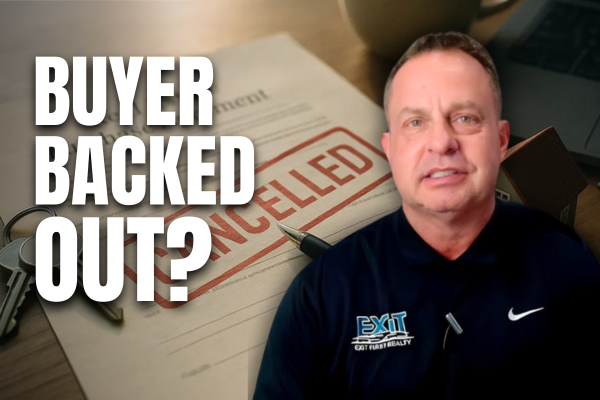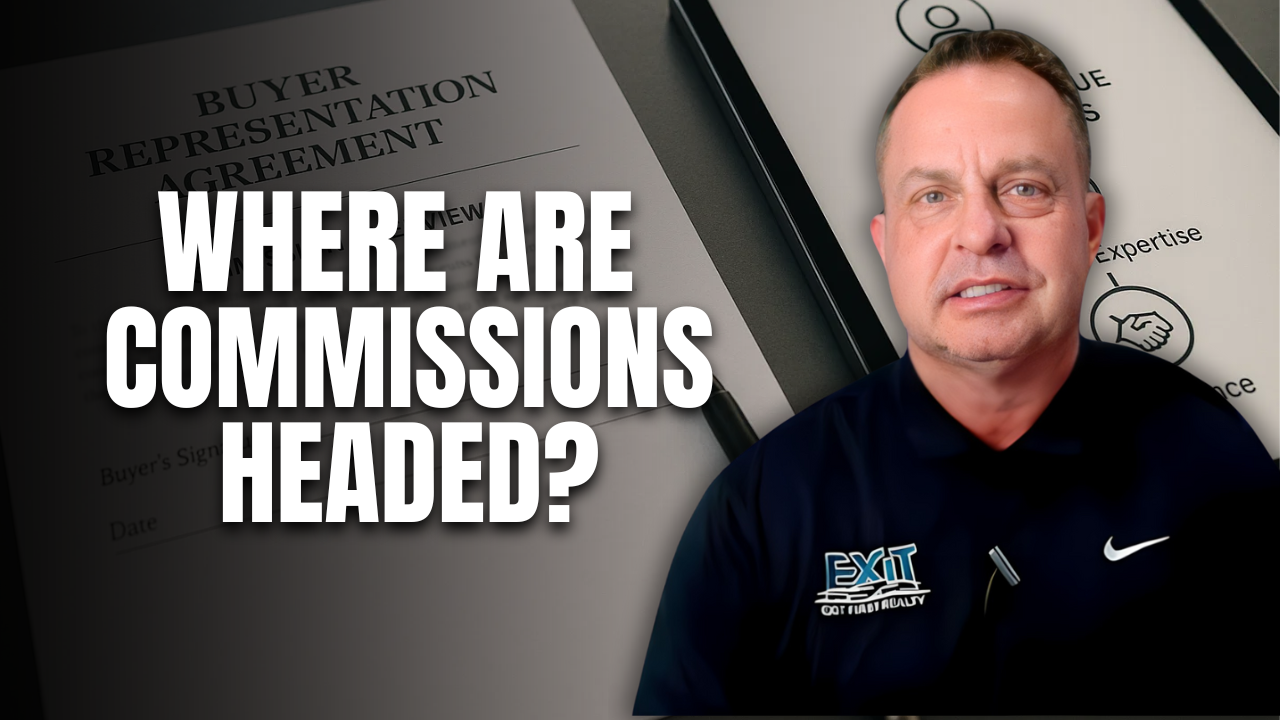What Happens if My Buyer Backs Out Before Closing?
How you protect your client will depend on how well you understand the contract and legal ramifications a buyer faces when backing out.
Earn The Income You Want. We’ll put you on a plan for success. Join Our Team

How you protect your client will depend on how well you understand the contract and legal ramifications a buyer faces when backing out.
It’s every agent’s nightmare. The inspections are done, the financing is approved, the closing date is set, and then your buyer suddenly backs out. You’ve spent weeks guiding the deal, your seller has already packed, and now everything comes to a halt. When this happens, emotions run high. Buyers panic, sellers feel blindsided, and you’re the one everyone turns to for answers. Knowing exactly what to do next separates experienced agents from the rest.
Let me share four simple tips to help you navigate buyer cancellations:
1. Start with the contract. The first step is to review the purchase agreement. Everything depends on where the buyer is in their contingency timeline. If they’re still within their inspection, appraisal, or financing period, they may be entitled to walk away and recover their earnest money. Once those contingencies have been removed, however, they risk losing the deposit and, in some cases, exposing themselves to legal action from the seller. Your job is to be familiar with those deadlines and communicate them clearly to both parties before the issue escalates.
2. Help your seller regain control. For your seller, this situation feels personal. They’ve invested time, emotion, and plans into the move. The best thing you can do is guide them back to stability. Start with documentation: ensure cancellation forms and escrow instructions are signed quickly to avoid confusion. Then, focus on next steps, whether that means activating a backup offer, re-listing, or adjusting the strategy for a faster turnaround. Your calm leadership here can turn frustration into trust.
3. Spot red flags before it’s too late. You can often see this coming. Buyers who hesitate to schedule inspections, avoid lender calls, or keep asking about “what if” scenarios usually have doubts. Reaching out early, discussing their concerns, and maintaining close communication can help prevent last-minute cancellations.
4. Build systems that protect your deals. Every deal that falls apart is an opportunity to tighten your process. Strengthen your pre-approval verification, enhance your buyer communication checkpoints, and establish clear expectations from the outset to ensure a seamless process. Preparation gives you leverage when emotions rise.
When a buyer walks away, it’s not the end; it’s an opportunity to demonstrate the kind of professional you are. How you guide your clients through tough moments defines your reputation far more than an easy closing ever could. Deals can collapse, but they don’t have to define your business. The key is preparation, communication, and a calm, informed approach.
If you want to strengthen your process for handling cancellations or build systems that prevent them altogether, feel free to reach out for a free consultation. I’m happy to share what’s worked for me.
-
Earn The Income You Want. We’ll put you on a plan for success. Join Our Team
-
How To Become a Realtor. Exit First Realty has partnered with The CE Shop, one of the nation’s leading real estate education providers, to bring you a hybrid learning experience that blends online curriculum with in-person tutoring and support. Register Now
-
Free Coaching Call. We will help you write a personalized business plan for your needs and goals. Book a Time
-
Real Estate Workshop. Write your Business Plan. Reserve Your Seat
-
Free Newsletter. Get our latest Q&A, insights, and business tips to grow and scale your business. Subscribe Now







